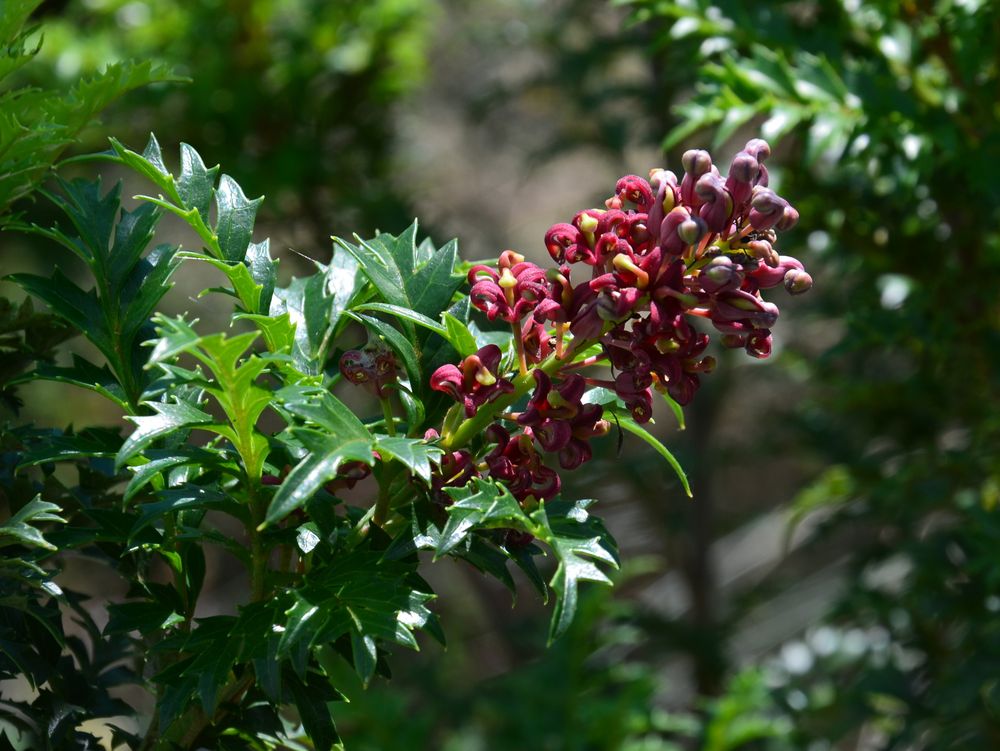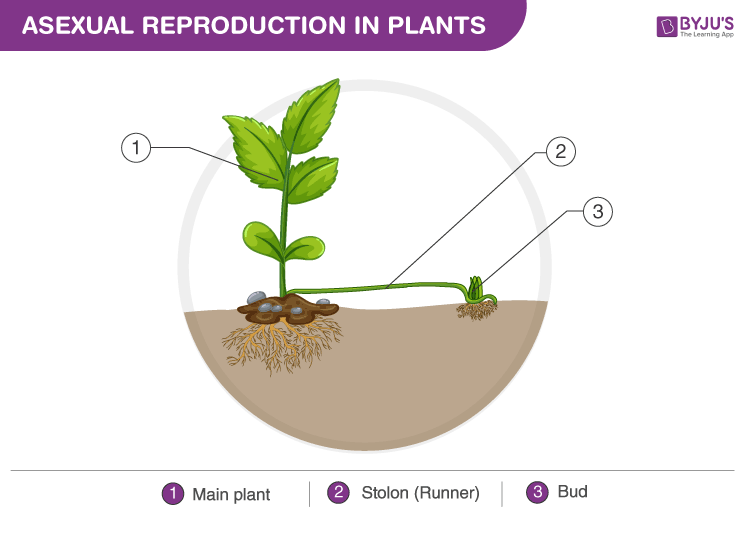The king s holly plant reproduces by cloning

The King's Holly Plant: A Fascinating Example of Cloning in Nature

When it comes to plant reproduction, most of us are familiar with the idea of pollination and the merging of male and female gametes to create offspring. However, there are some exceptional plants in nature that defy this norm and reproduce through cloning. One such extraordinary example is the King’s holly plant, also known as Lomatia tasmanica, which can reproduce itself without any need for fertilization or genetic recombination.
Cloning, in the context of plant reproduction, refers to the ability of a plant to generate genetically identical copies of itself without the involvement of seeds or spores. This asexual mode of reproduction allows plants to rapidly propagate and colonize new areas, sometimes even forming large clonal colonies spanning vast areas.
The King’s holly plant, endemic to the rainforests of Tasmania, Australia, is a remarkable instance of cloning in the plant kingdom. Interestingly, this plant is not only capable of cloning itself but has also evolved to survive for incredibly lengthy periods of time. In fact, scientists have discovered individual King’s holly plants that are estimated to be around 43,600 years old, making them the oldest known living plant clones on Earth.

So, how does this fascinating plant accomplish such incredible longevity and cloning abilities? The King’s holly plant employs a specific mechanism called vegetative propagation, which enables it to generate new shoots and roots from existing plant structures. Unlike other plant species that rely on seeds for propagation, the King’s holly can produce root suckers from its underground root system, allowing it to clone itself and form genetically identical individuals.
This unique capability to reproduce by cloning is a result of the plant’s adaptations to the challenging rainforest environment it inhabits. By avoiding the energy-intensive production of flowers, fruits, and seeds, the King’s holly plant can devote more resources to its extensive underground root system, which supports its clonal growth and survival. Additionally, the ability to clone helps the plant maintain its genetic integrity and allows it to persist for thousands of years, surviving natural disasters and changes in its ecosystem.
The remarkable cloning ability of the King’s holly plant has not only amazed scientists but also highlighted the versatility and resilience of plant life. Understanding the mechanisms behind asexual reproduction in plants can provide valuable insights into the evolution and survival strategies of various species. Furthermore, studying the King’s holly plant and its extraordinary longevity can shed light on the potential benefits of cloning in other organisms, including animals and humans.
In conclusion, the King’s holly plant, with its incredible ability to reproduce by cloning, stands as a testament to the wonders of nature. Its unique adaptation to the Australian rainforests has allowed it to develop astonishing longevity and resilient cloning capabilities. By cloning itself through vegetative propagation, the King’s holly continues to thrive and astonish scientists with its remarkable existence.
Source: Amusing Planet
Tags
Share
Related Posts
Quick Links
Legal Stuff

